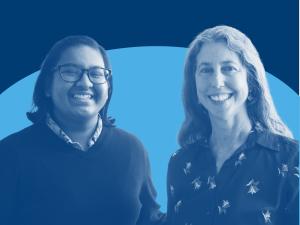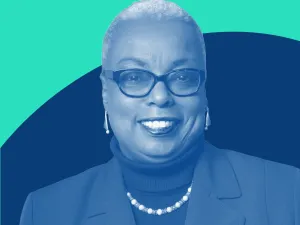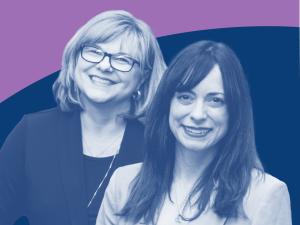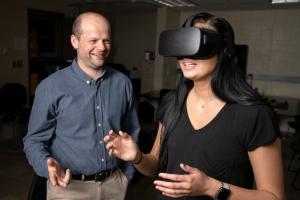
Here you’ll find yourself stretched (and supported) by faculty. You’ll also get to tinker (and sweat tough assignments) in real-world laboratories and clinics, newsrooms, and trading rooms from day one. Explore darkrooms, brave recital halls, or create your patient’s recovery plan.
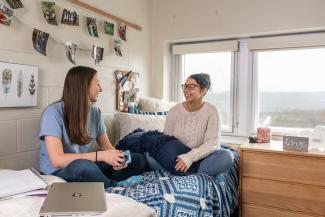
Laugh, study, dance, and burn the midnight oil together. Each residence hall is a mini-community—some with a special focus on academic or cultural experiences.
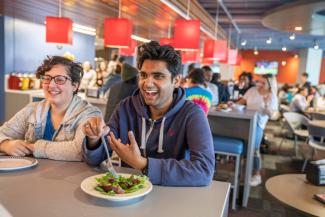
Whether you’re popping in for a cup of coffee or settling down for a healthy meal, our dining facilities will meet your needs in comfortable, casual settings that are great campus gathering spots for friends throughout the day.
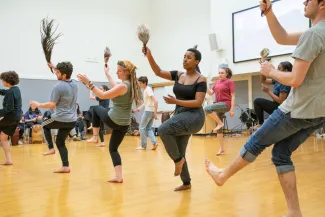
Find your people. Connect with others over your passion for service, culture, gaming, Zombie battles, or—you name it—in more than 200 student organizations. You can even start your own club to bring your favorite hobby or volunteer opportunity to campus.
Feel that Bomber pride! IC student-athletes are leaders and champions on the field and in the classroom. Whether you compete in one of our 27 Division III teams, participate in a club sport, or cheer them on, everyone at IC is part of the Bomber family.
Student Support
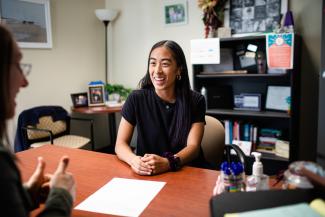
We're here for you. Whether you want to change your major or prepare for exams, experts and advisors will help you finetune your goals, access tutoring, and stay on track in your program.
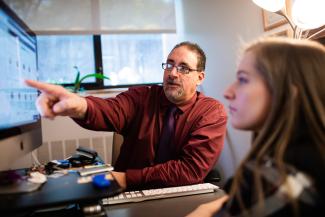
You bring the intellect and drive. We’ll bring guidance and connections. The Office of Career Services helps you network and take all the right steps to land your dream internship and plan your career. And it doesn’t stop at graduation—we're a lifelong resource.
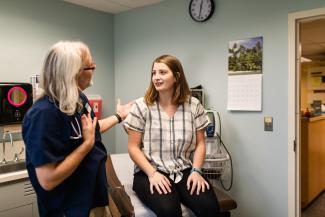
Your physical, mental, and emotional health remain our top priority. We have the medical, wellness, and mental health professionals and fitness facilities that will make your college life all you want it to be.
Join a brave space. Feel the difference of an atmosphere devoted to forging strong, truly diverse communities. We strive to be an inclusive and welcoming community that is committed to social justice and encourages the free exchange of ideas through civility and mutual respect.
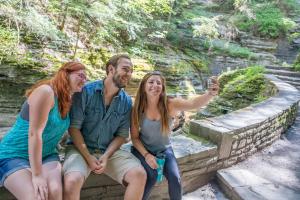
From stunning waterfalls, scenic hiking trails, and an award-winning farmers market to a “killer music scene,” Broadway-caliber theatre, eclectic restaurants, and a business startup incubator—it’s no wonder we were voted the #1 college town in the U.S.
